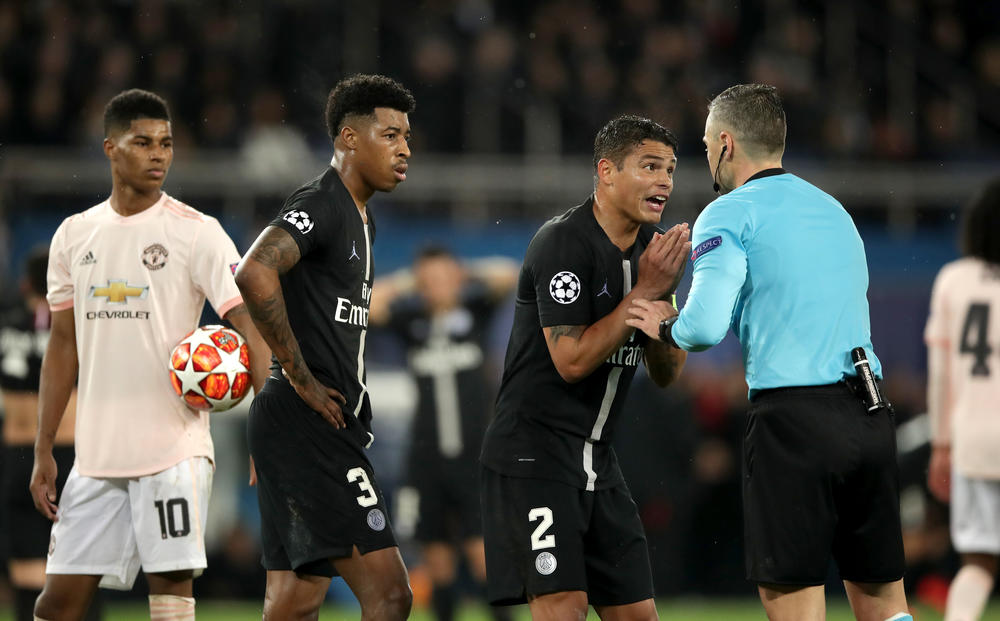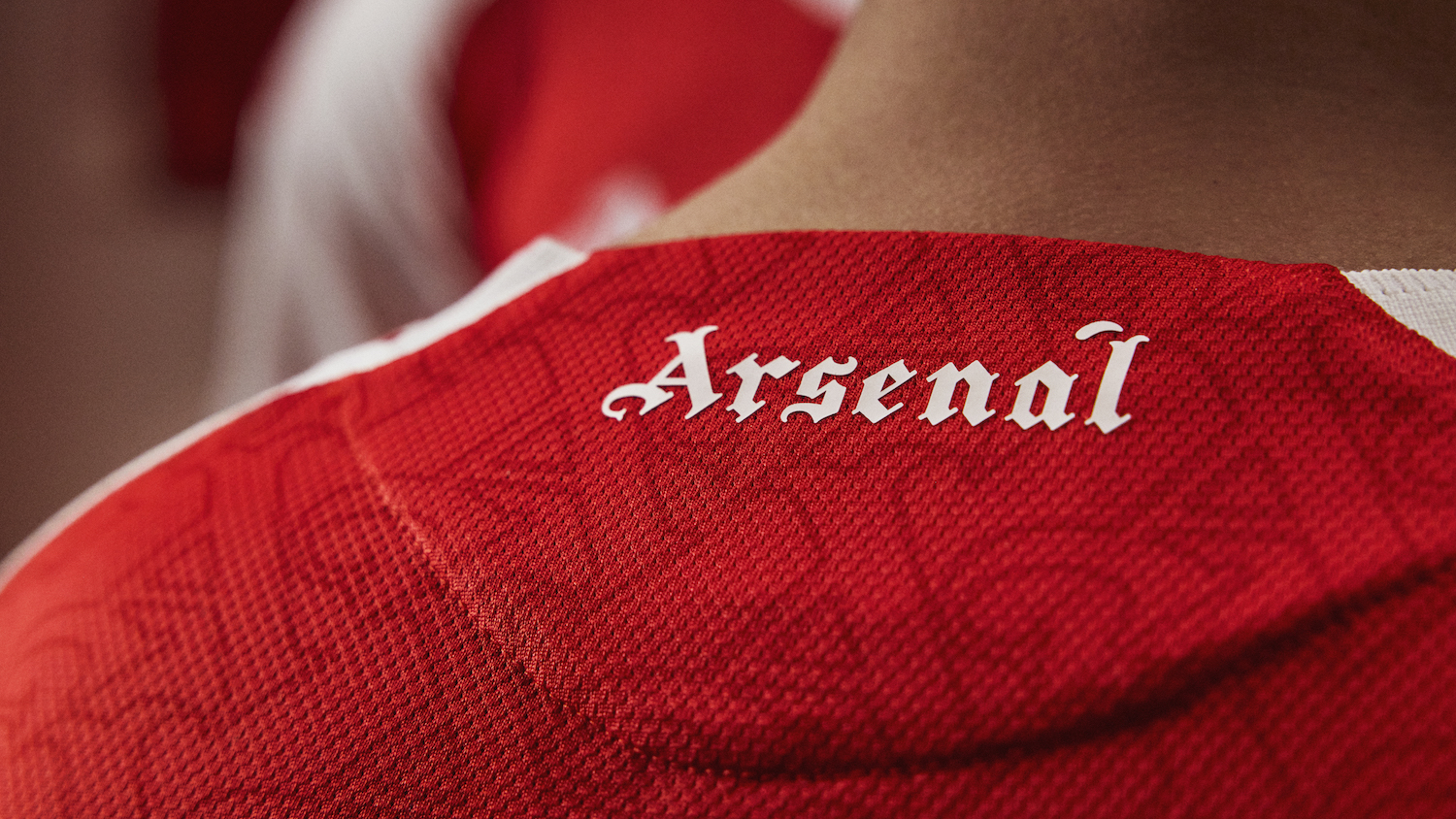UEFA explains Manchester United penalty decision

UEFA has issued an explanation for the late penalty award for handball which helped seal Manchester United’s passage to the Champions League quarter-finals.
Referee Damir Skomina was alerted by the video assistant referee under the ‘serious missed incident’ VAR protocol late on in United’s last-16 second leg tie away to Paris St Germain.
After viewing replays, UEFA said the referee awarded the spot-kick against PSG defender Presnel Kimpembe because “his arm was not close to his body” when Diogo Dalot’s shot struck it.
“Following the on-field review, the referee confirmed that the distance that the ball travelled was not short and the impact could therefore not be unexpected,” guidance issued by UEFA on Friday morning read.
This week's #UCL VAR decisions explained.https://t.co/QD1zYfKYrf— UEFA Champions League (@ChampionsLeague) March 8, 2019
“The defender’s arm was not close to the body, which made the defender’s body bigger thus resulting in the ball being stopped from travelling in the direction of the goal. The referee, therefore, awarded a penalty kick.”
Marcus Rashford scored the penalty to take United through on away goals.
There was plenty of controversy on the night about the penalty award, with BT Sport pundits Rio Ferdinand, Owen Hargreaves and Michael Owen – all former United players – unanimous in their view that it should not have been given.
The best features, fun and footballing quizzes, straight to your inbox every week.
"They need to get football people on that panel!"— Football on BT Sport (@btsportfootball) March 6, 2019
However, guidance from UEFA referee’s chief Roberto Rosetti appeared to be consistent with Skomina’s decision, as he advised officials in January that “if the defender is making the body bigger to block the ball it is not fair”.
Football’s law-making body the International Football Association Board (IFAB) moved to clarify the interpretation of handball at its annual general meeting last weekend.
Its position is that if the ball strikes a player’s arm when it is extended beyond the body’s “natural silhouette” then a penalty should be awarded.
It also said that, from next season, goals scored or created with use of the hand – even accidental use – will be disallowed.
FourFourTwo was launched in 1994 on the back of a World Cup that England hadn’t even qualified for. It was an act of madness… but it somehow worked out. Our mission is to offer our intelligent, international audience access to the game’s biggest names, insightful analysis... and a bit of a giggle. We unashamedly love this game and we hope that our coverage reflects that.
 Join The Club
Join The Club






